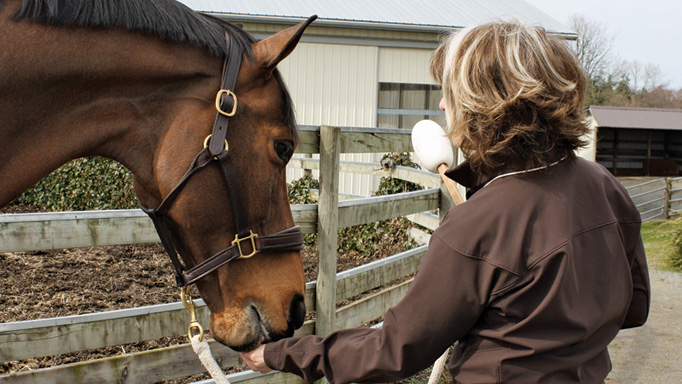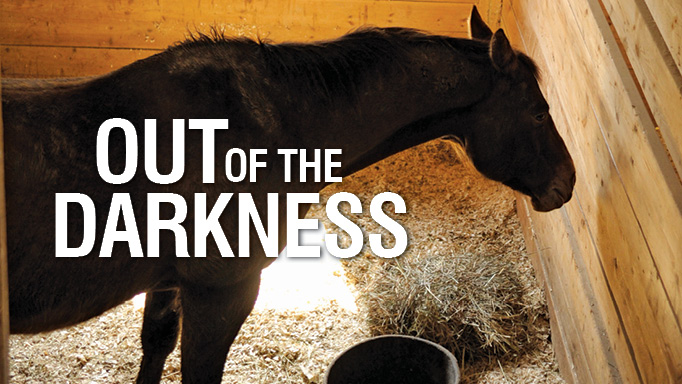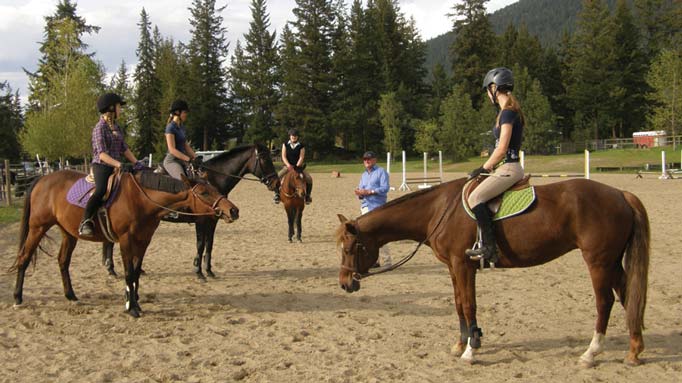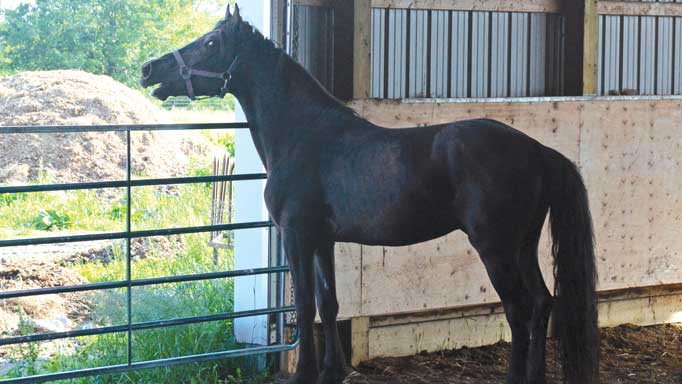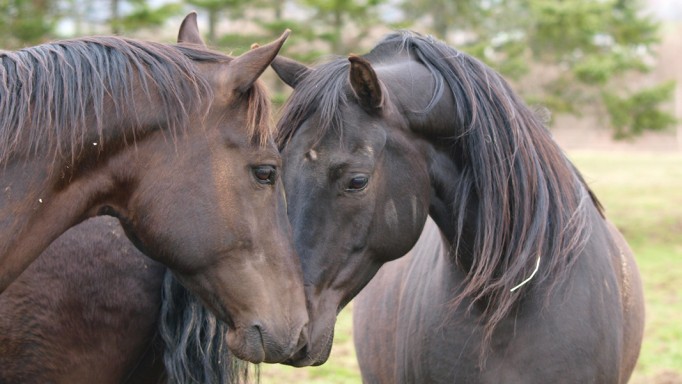Horses play with each other with their teeth and hooves, and young horses have not yet learned that playing with humans similarly is not on the agenda.
If you see some of the signs of depression in your horse, what can you do? The first step, both Fureix and Mason agree, is to have your vet check the animal
Whether a two-horse string for beginners or a stable of school masters for serious amateurs, there is considerable value to a good lesson horse.
With positive reinforcement your reward is seeing your horse anticipate his work eagerly and respond enthusiastically as you gain a richer relationship.
If your horse exhibits "pica", the general term for the consumption of non-nutritive substances, you need to look at both diet and environment for answers.
Horses, like humans, are hard-wired to be social; separation elicits distress. This is normal behaviour – and it is adaptive.
Your horse should display passive body language and easily move out of your way when asked. This article will look at why food-related aggression develops.
The concept of umwelt from the German word meaning “surrounding world,” refers to one’s species-specific perception of reality.
